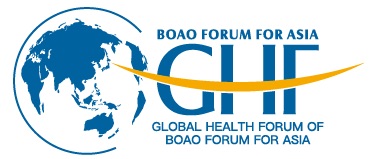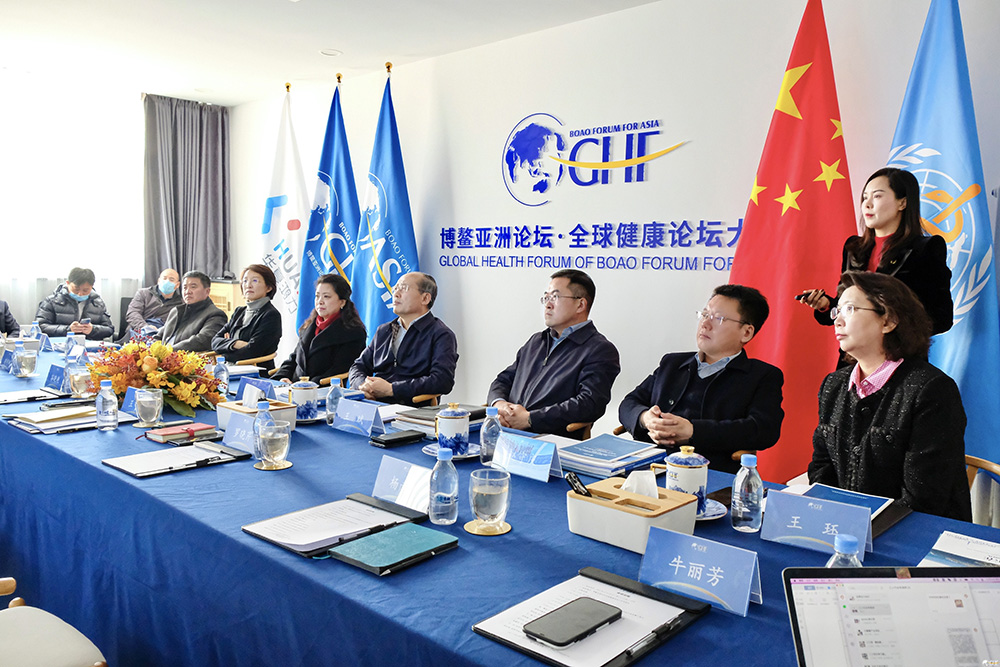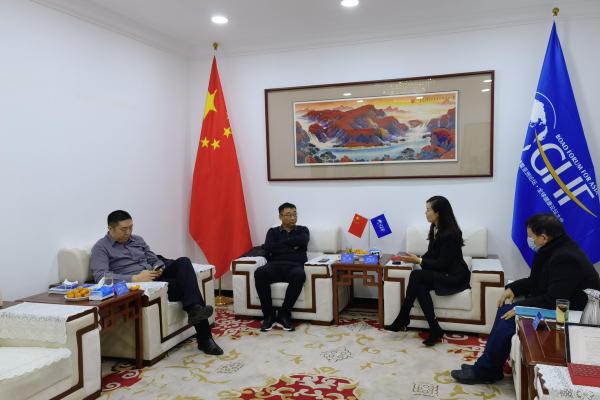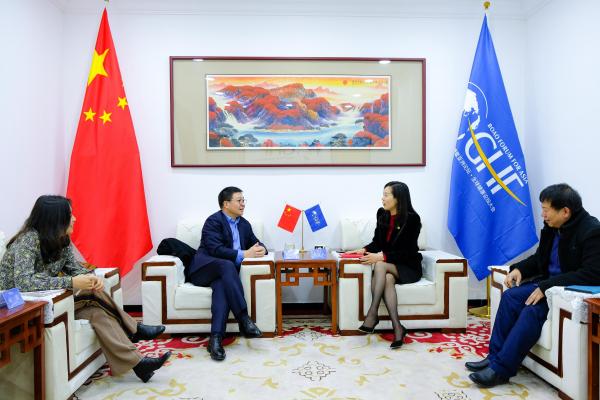“This is not the time to relax. Instead, we need to ready ourselves for a new way of living for the foreseeable future.” Dr. Takeshi Kasai, WHO Regional Director for the Western Pacific, press conference on COVID-19 outbreak.

As Dr. Takeshi Kasai mentioned, over 5,600 people have lost their lives among more than 130,000 with confirmed COVID-19 infection in Western Pacific. Countless others have lost their jobs and means of supporting themselves and their families.
Many countries have introduced periods of ‘lock down’ and other measures. They have proven effective in slowing and reducing transmission and easing the burden on overstretched health systems, and today we appear not to have wide-spread community transmission in our Region. But they have also upended millions of people’s lives and had major economic impacts.
According to Dr. Takeshi Kasai, now, governments in Western Pacific are making extremely complex decisions about introducing, enhancing, easing or lifting lockdowns and physical distancing measures. As we move forward in this difficult time, our lives, our health systems and approaches to stopping transmission must continue to adapt and evolve, along with the epidemic. At least until a vaccine or very effective treatment is found, this process will need to become our “new normal”.
“There is no one-size-fits-all approach to doing this. But WHO strongly urges that decisions be guided by public health principles. The lifting of lockdowns and other measures needs to be done gradually.” Dr. Takeshi Kasai said, “If restrictions are relaxed or lifted before strong systems are in place to identify, isolate and care for the sick, and trace and quarantine their contacts, this will likely lead to a resurgence of disease.”
Individuals and society need to be ready for a new way of living that strikes the right balance between measures to keep the virus in check, and enable vital parts of our economies and societies to function once more.
He said, “For each citizen, this means accepting responsibility for protecting yourself, your family and community by physically distancing in the community, frequently cleaning your hands, covering coughs and sneezes, and staying at home and away from others when you feel sick.”
For the private sector, this means adopting new ways of working, such as enabling staff to work from home where possible, and other measures to reduce the risk of infection in the workplace.
For governments, this means preparing for the worst—having systems that work in every corner of the country to detect and care for people, in case of large-scale community transmission.
Dr. Takeshi Kasai introduced that WHO is working day and night to support countries in the response and in this transition. We share information with governments and their people; we advise on how to find and isolate cases, trace and quarantine their contacts so that the epidemic can be controlled and we can save as many lives as possible; and we provide supplies and equipment.
“We know we’re in this together, for the long run, and we’re committed to working with every country to find their new way of living that will protect people’s health, economies and societies”, he emphasized.
“We too would like to see difficult measures lifted as soon as it’s safe to do so. We look forward to the day when we can once again hug our friends, go to birthday parties, and enjoy community events.”
At last, Dr. Takeshi Kasai stresed again, “But for now, we appeal to people in the Western Pacific to play their part in building a new way of life in which everybody contributes to containing and suppressing the virus, protecting the vulnerable, and making life as safe and liveable as possible”.



 Viewpoints
Viewpoints
 Partner application
Partner application Download
Download Hot News
Hot News









